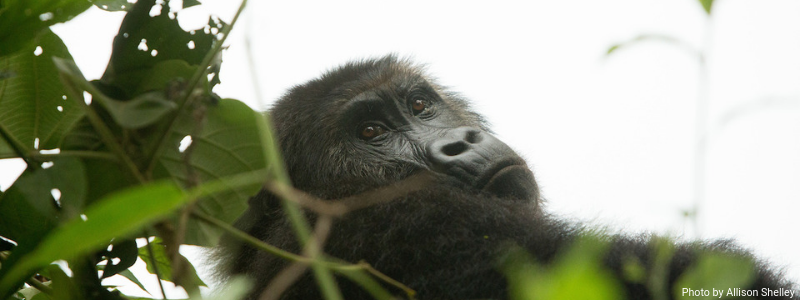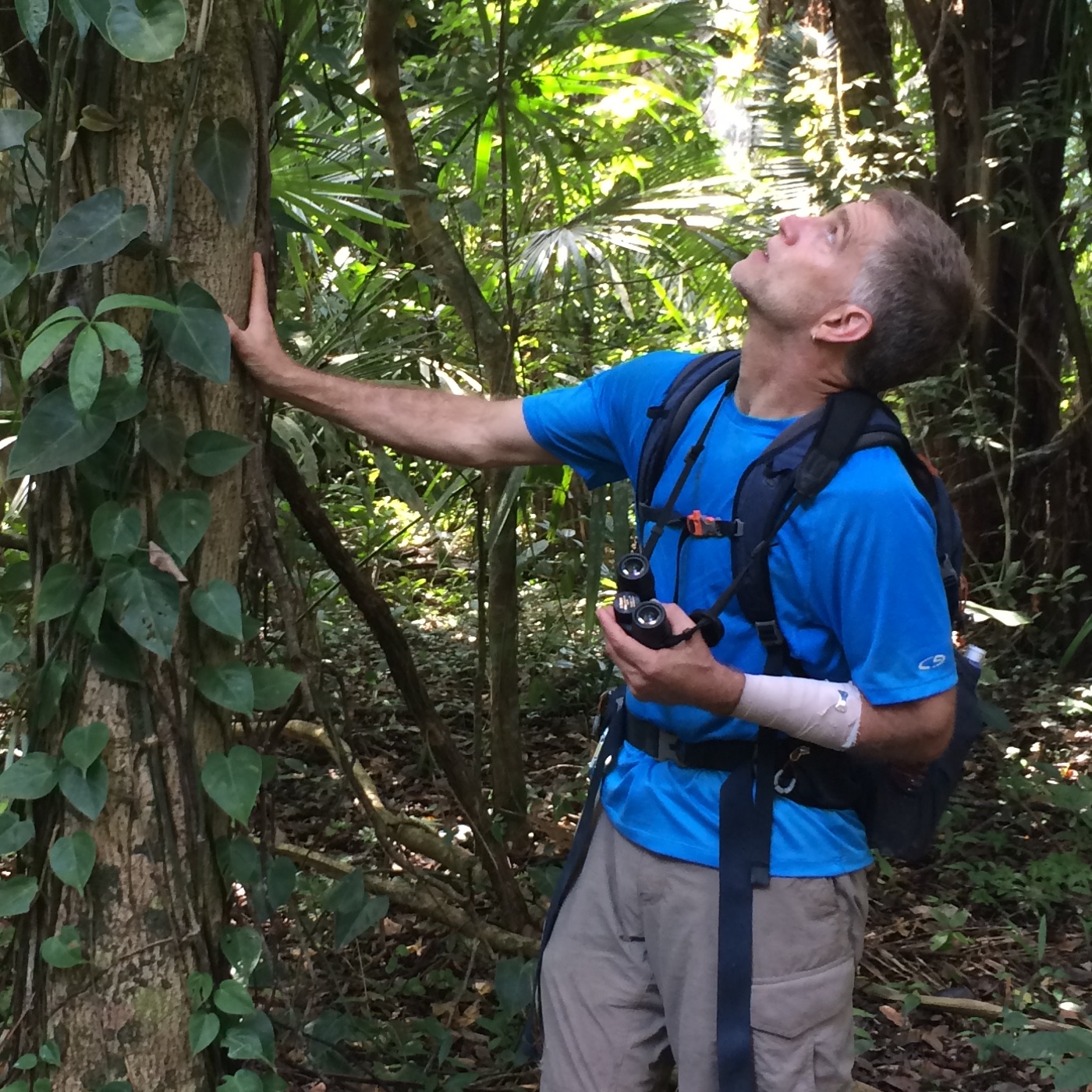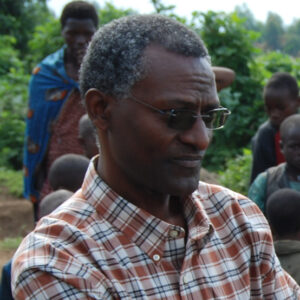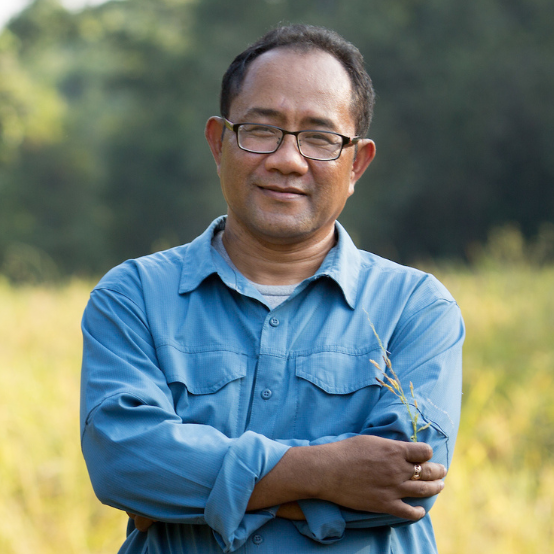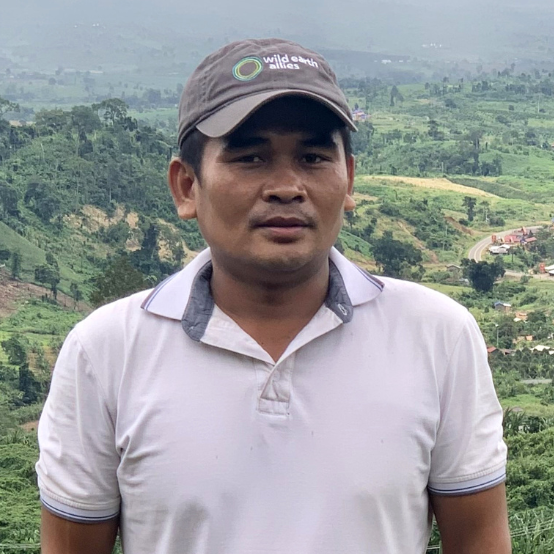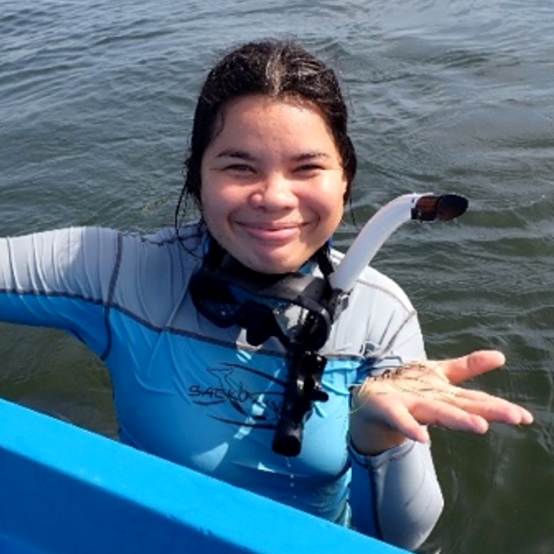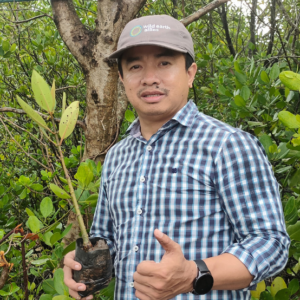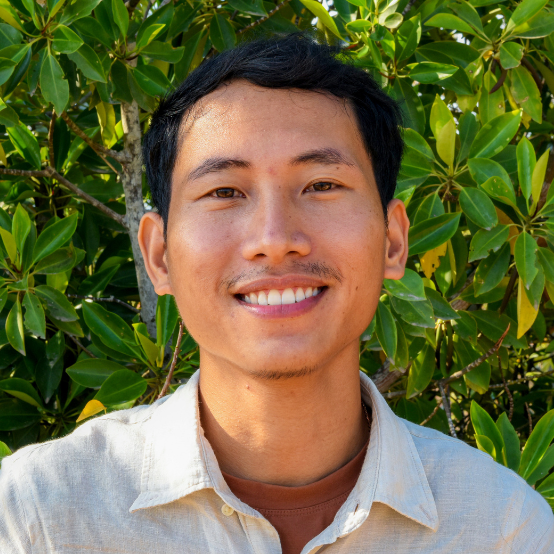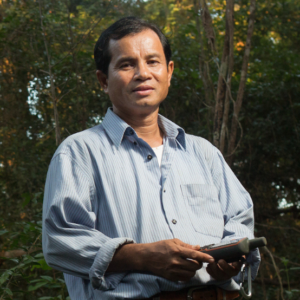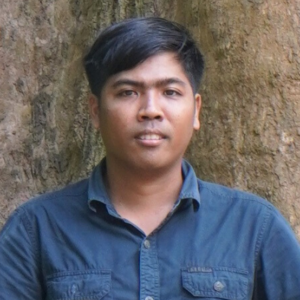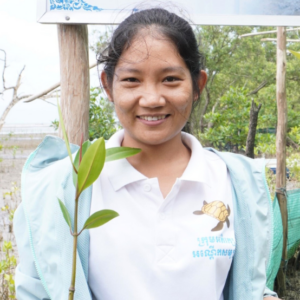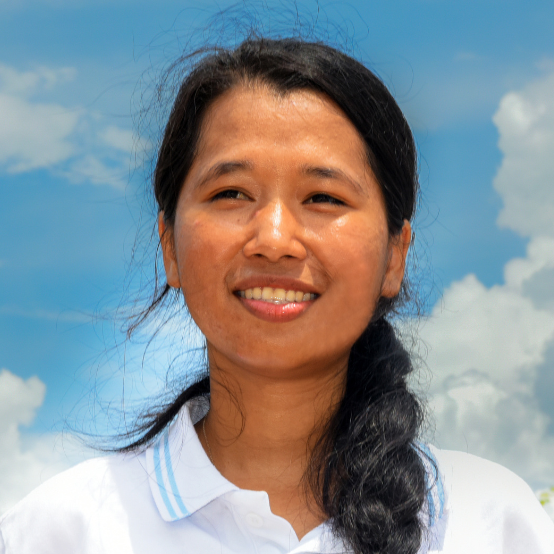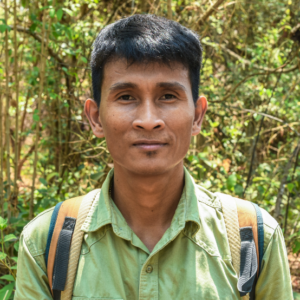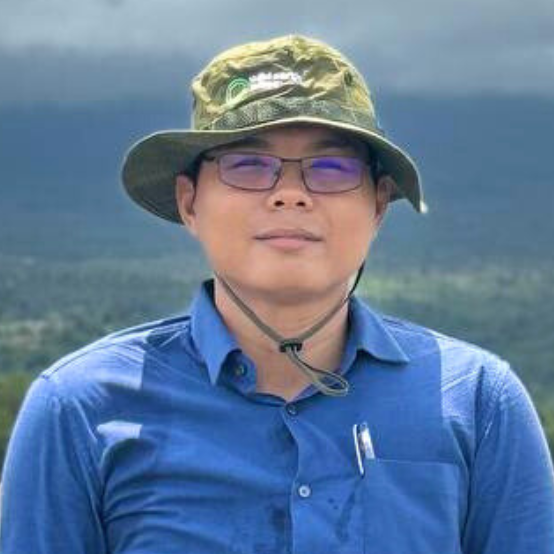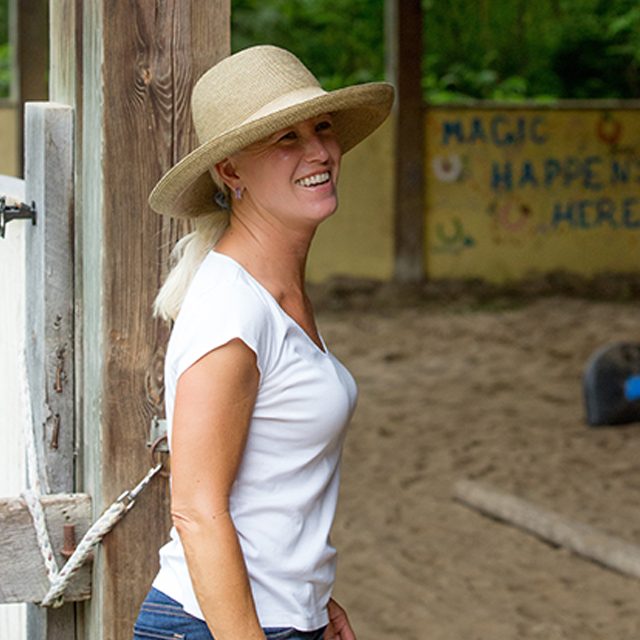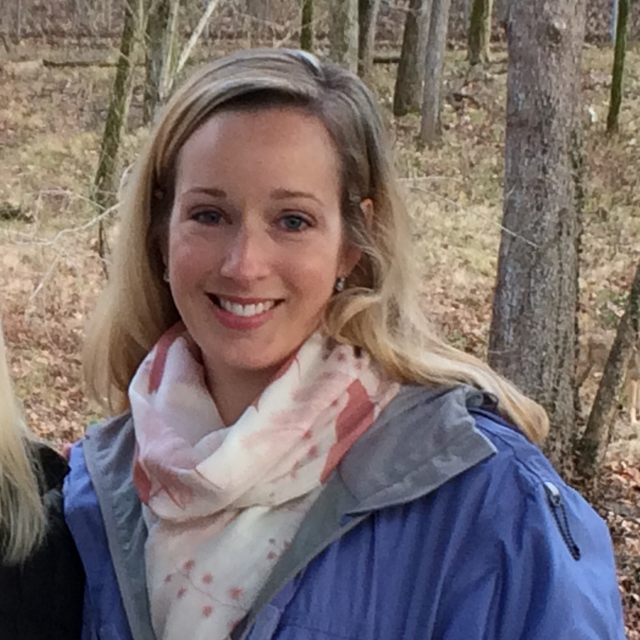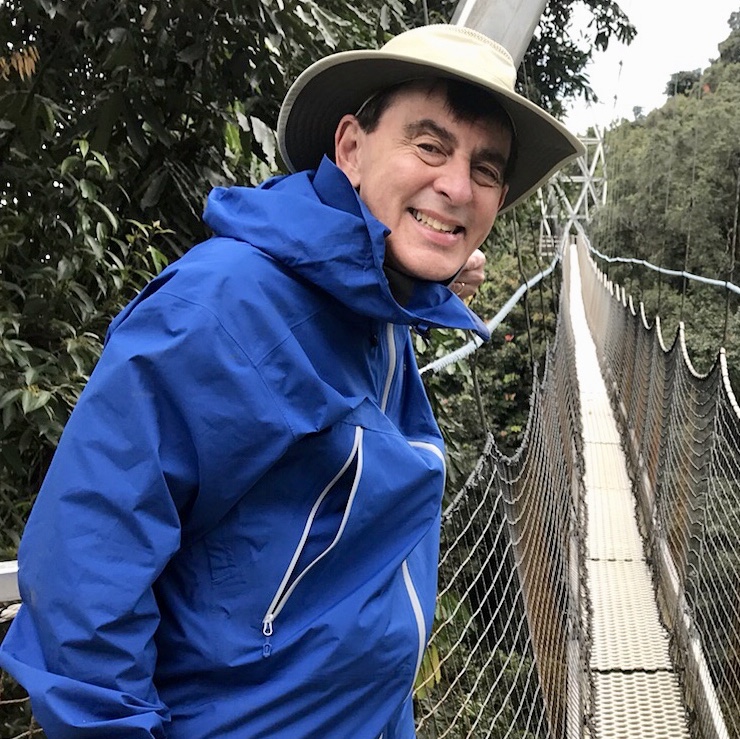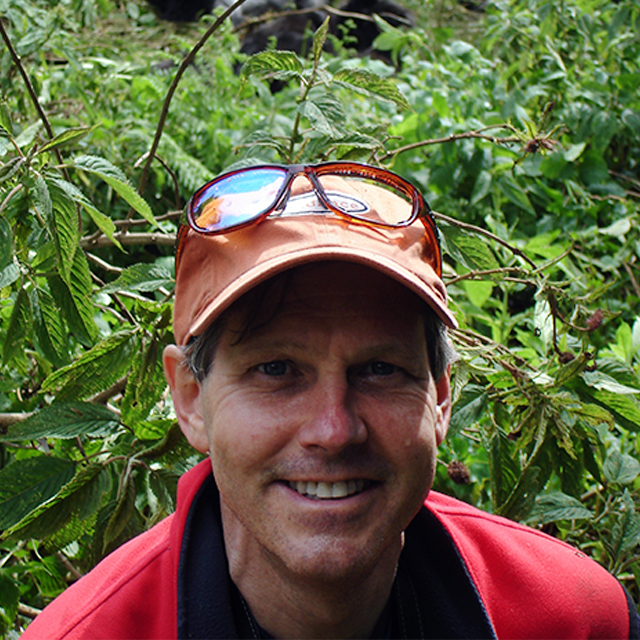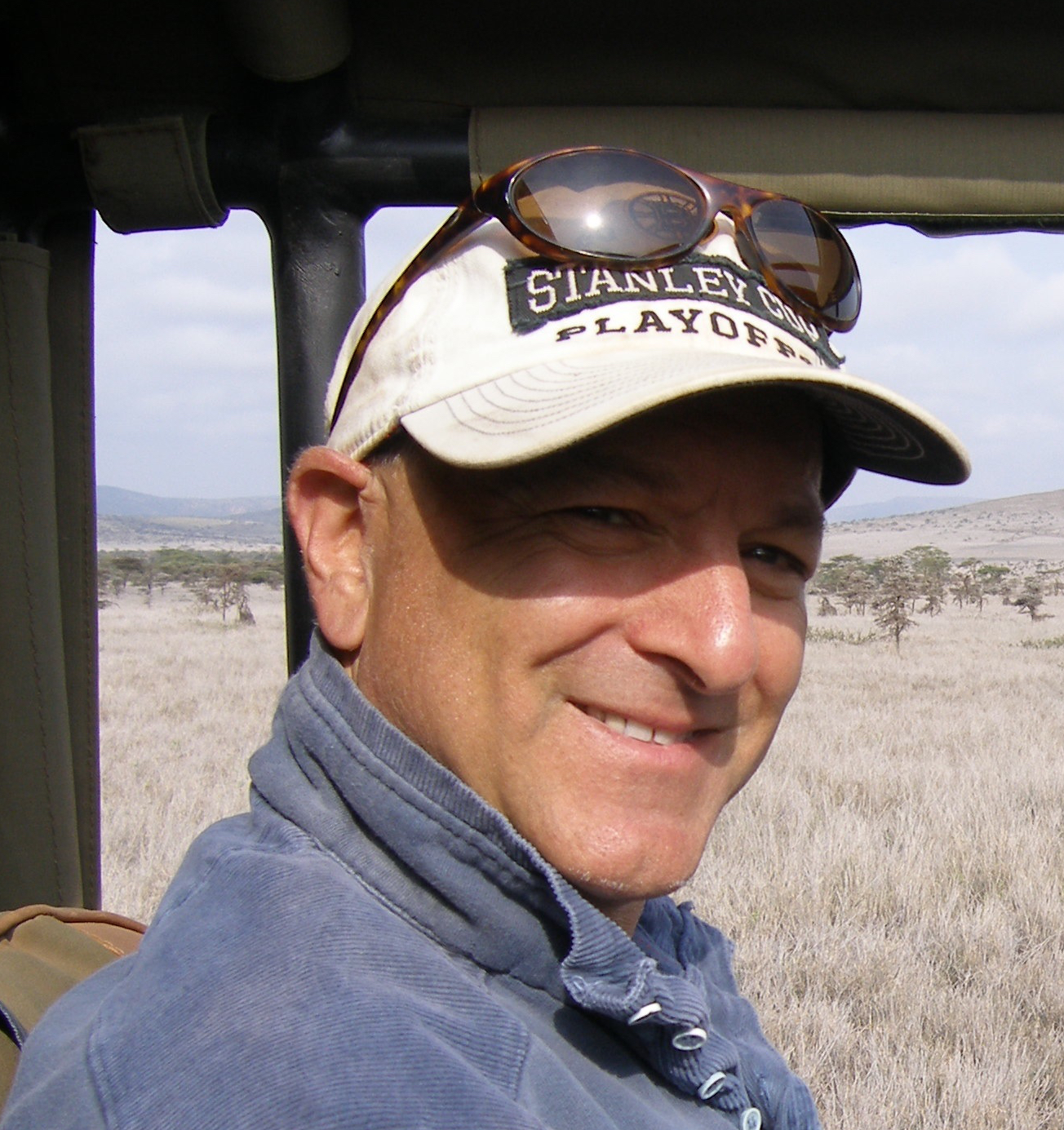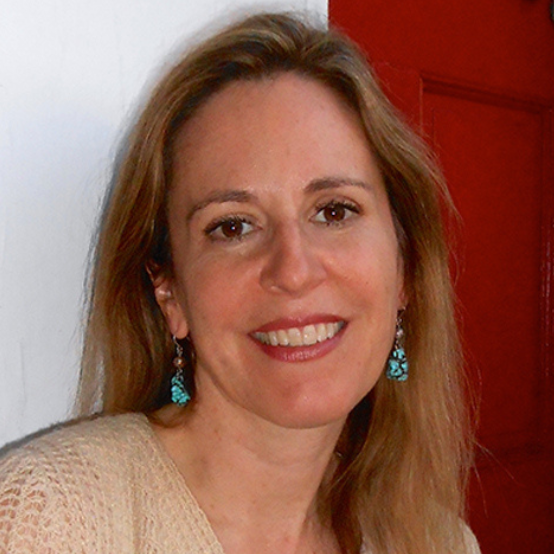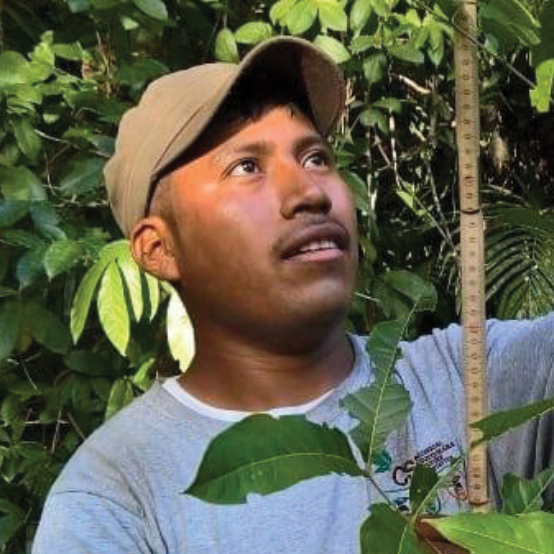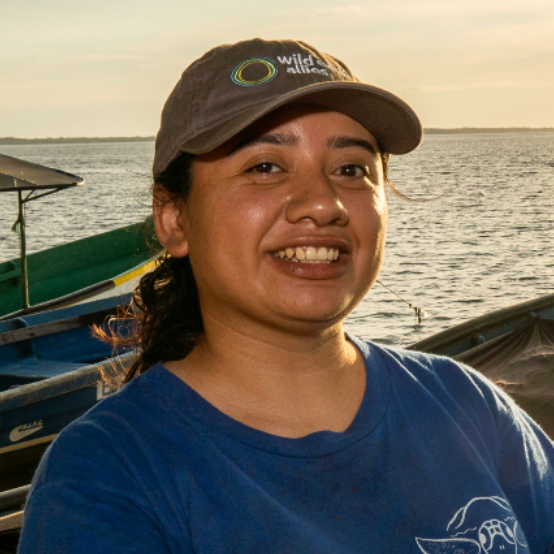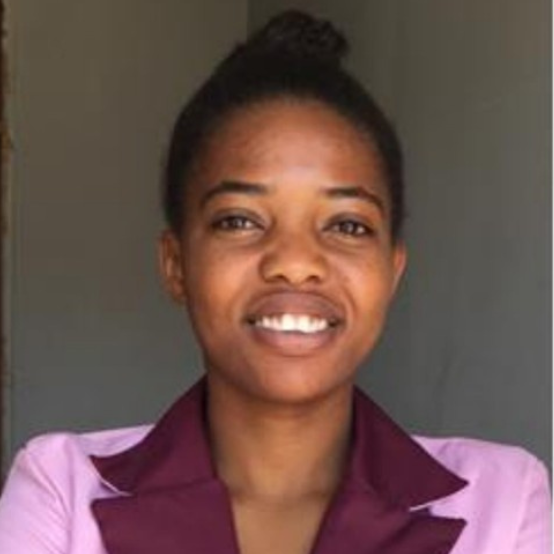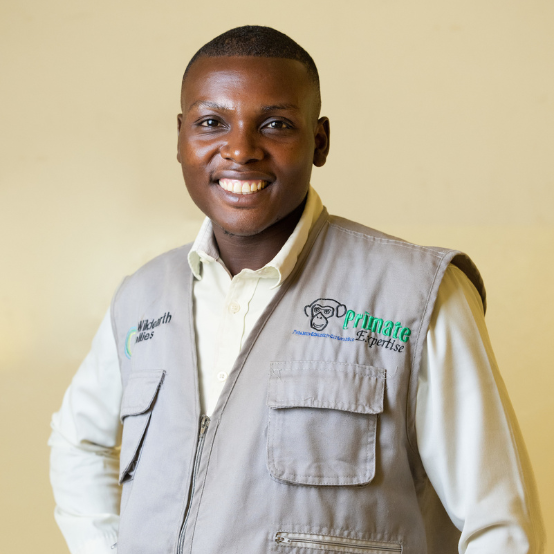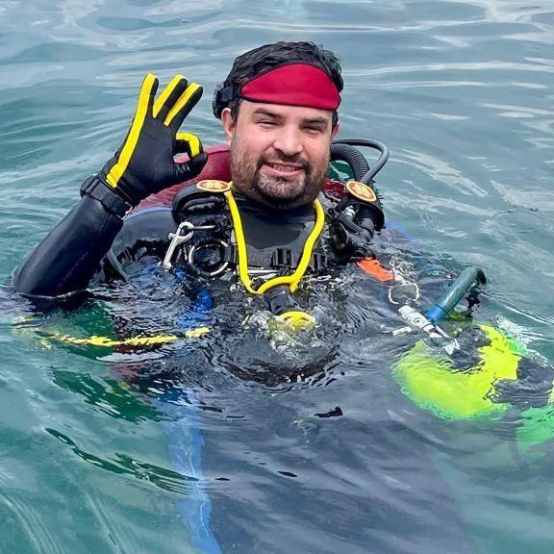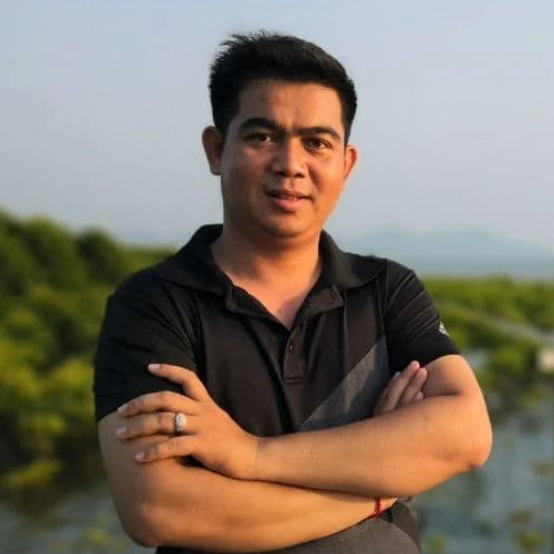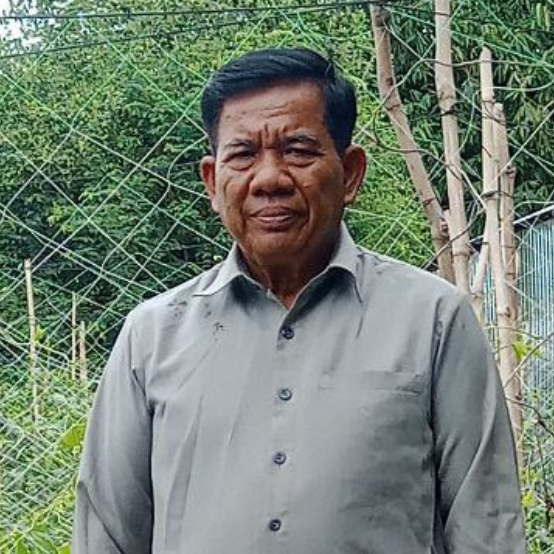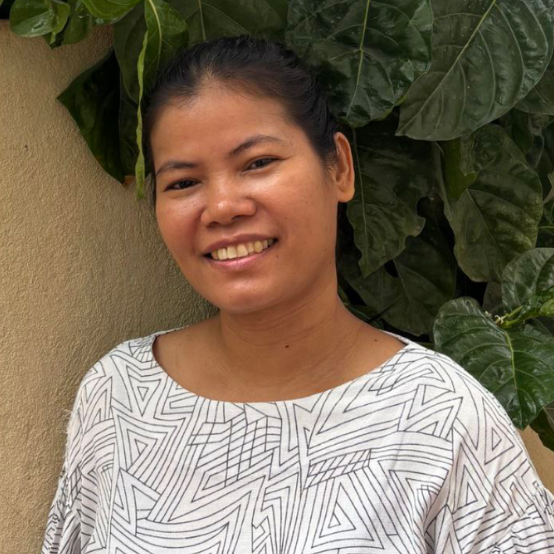We are pleased to share with you an update on our work. Given all recent biodiversity warnings hitting the news, we took time to gather evidence of progress across our field teams and partnerships and compiled the following impact summary report.
Asian Elephants
Our collaborative conservation work in Cambodia’s Prey Lang Wildlife Sanctuary has accelerated. We now have 35 camera traps monitoring wildlife and elephant migration patterns. With an estimated 55 threatened species living in the forest, these data improve ranger patrols and shorten response time to address illegal activities that threaten Asian elephants and other wildlife. Indigenous Kuy community members recently joined two large environmental education events, with participatory activities for children highlighting the ecological and cultural importance of Prey Lang.
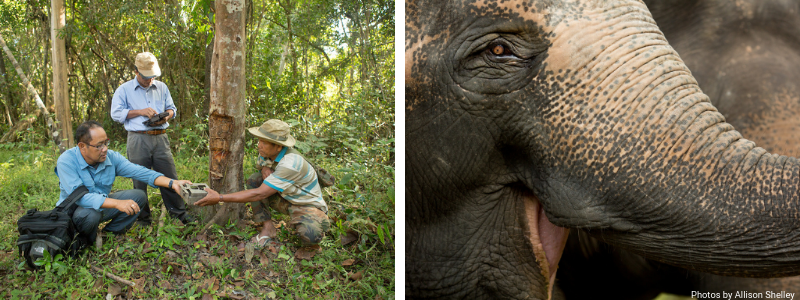
Great Apes
For Grauer’s gorillas in the Democratic Republic of Congo, there is some good news. Our partner Dr. Augustin Basabose of Primate Expertise reports zero gorilla deaths from poaching or injury by snares, and at least six recent gorilla births in the upland sector of Kahuzi-Biega National Park. This signals success of intensified anti-poaching patrols that recovered 138 snares in 3 core zones. Community tree nurseries have now produced over 5,500 tree seedlings grown from seeds collected from gorilla dung and 100 indigenous Batwa households participate in animal husbandry and gardening programs – all geared to improve food security and income, while decreasing pressures on gorilla habitat.
Our pilot water tank project in Rwanda delivered strong results and is ready to scale. Together with the women-led cooperative Imbereheza Gahunga, families living near Volcanoes National Park built 50 water tanks, meeting the daily water needs of more than 1,200 people in 274 households. This eliminates their need to enter mountain gorilla habitat to collect water, reducing threats while freeing up women’s time and keeping children in school.
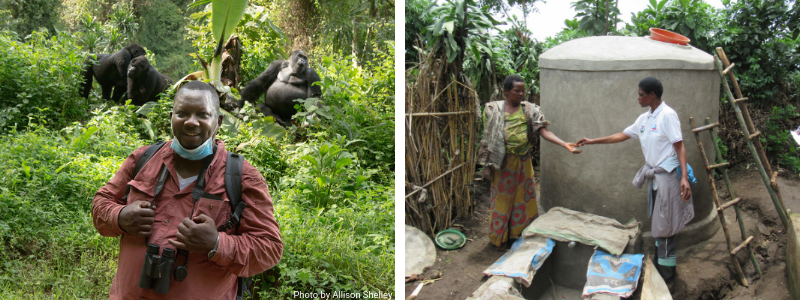 Dr. Augustin Basabose, founder and executive director of Primate Expertise, with Grauer’s gorillas (left); New water tank constructed by women-led cooperative, Imbereheza Gahunga (right).
Dr. Augustin Basabose, founder and executive director of Primate Expertise, with Grauer’s gorillas (left); New water tank constructed by women-led cooperative, Imbereheza Gahunga (right).
Marine Turtles
In El Salvador, our partner ProCosta shared record-breaking results for the 2018 hawksbill nesting season (April to November). Working closely with local communities in Jiquilisco Bay, they recorded 300 nests and protected 98% of these, releasing 27,863 hatchlings. These are significant numbers given that fewer than 700 adult females are estimated across the entire eastern Pacific region. Training reached 100 members of the local hawksbill conservation network, four new hatchery managers and nine local tourism guides. Together we are building two new hatcheries to support the 2019 nesting season that just started.
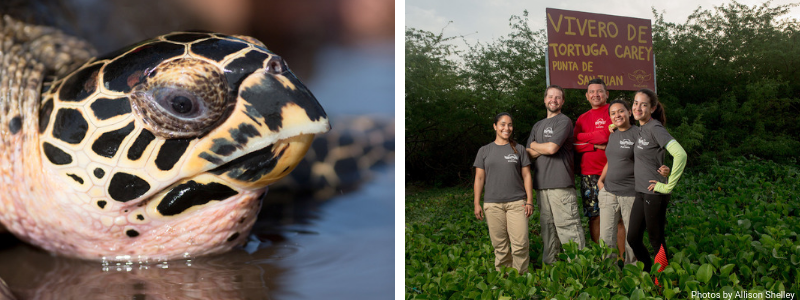 Hawksbill marine turtle (left); ProCosta team in El Salvador (right).
Hawksbill marine turtle (left); ProCosta team in El Salvador (right).
Threatened Trees
Nearly 60% of Belize is still covered in forest and we are making steady progress in partnership with the Environmental Research Institute of the University of Belize to build capacity to protect them. Dr. Steven Brewer is consolidating two decades of field work finding and documenting the tree species in Belize – his current tally is 1,199, and he expects it to grow further. To put this in context, there are roughly half that number of tree species in the contiguous US and Canada combined. Our goal is to create the first comprehensive print and digital field guide for the Trees of Belize – an essential conservation tool.
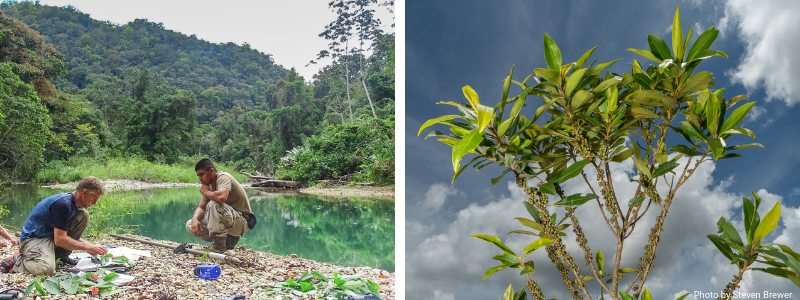 Botanist Dr. Steven Brewer, leader of The Trees of Belize project, conducts field work (left); Tree species, Myrsine coriacea, identified in the Bald Hills area of Belize (right).
Botanist Dr. Steven Brewer, leader of The Trees of Belize project, conducts field work (left); Tree species, Myrsine coriacea, identified in the Bald Hills area of Belize (right).
Responding to Urgent Threats
Our Cambodia team recently responded to reports of serious threats to Asian elephants in the Cardamom Mountains, training and deploying community patrols to address spikes in snaring and human-elephant conflict. Director Tuy Sereivathana (Vathana) is internationally recognized for his community-based response toolkit, and its effective use in villages experiencing conflict with elephants. Along the southwest coast of Cambodia, development threatens bio-rich marine areas including habitat for hawksbill and green turtles. In response, we are conducting rapid assessments with community fisheries and government partners to develop a marine protected area. Our ability to quickly respond to urgent threats is made possible by contributions to The Wild Fund.
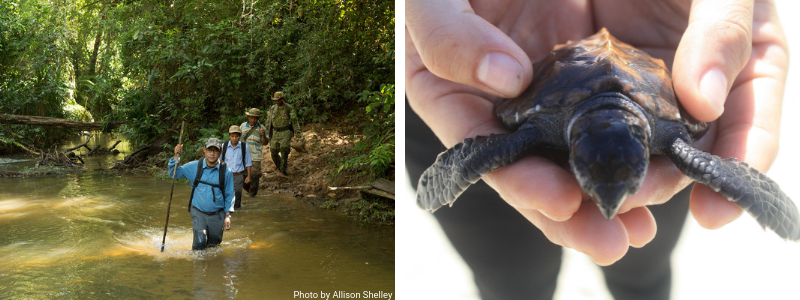 Wild Earth Allies Cambodia Program Director, Tuy Sereivathana (Vathana) leads the way in a river crossing (left); Marine turtle hatchling in Cambodia (right).
Wild Earth Allies Cambodia Program Director, Tuy Sereivathana (Vathana) leads the way in a river crossing (left); Marine turtle hatchling in Cambodia (right).
At Wild Earth Allies we are working every day to protect the earth’s biodiversity and move towards a more sustainable future for nature and for people.

